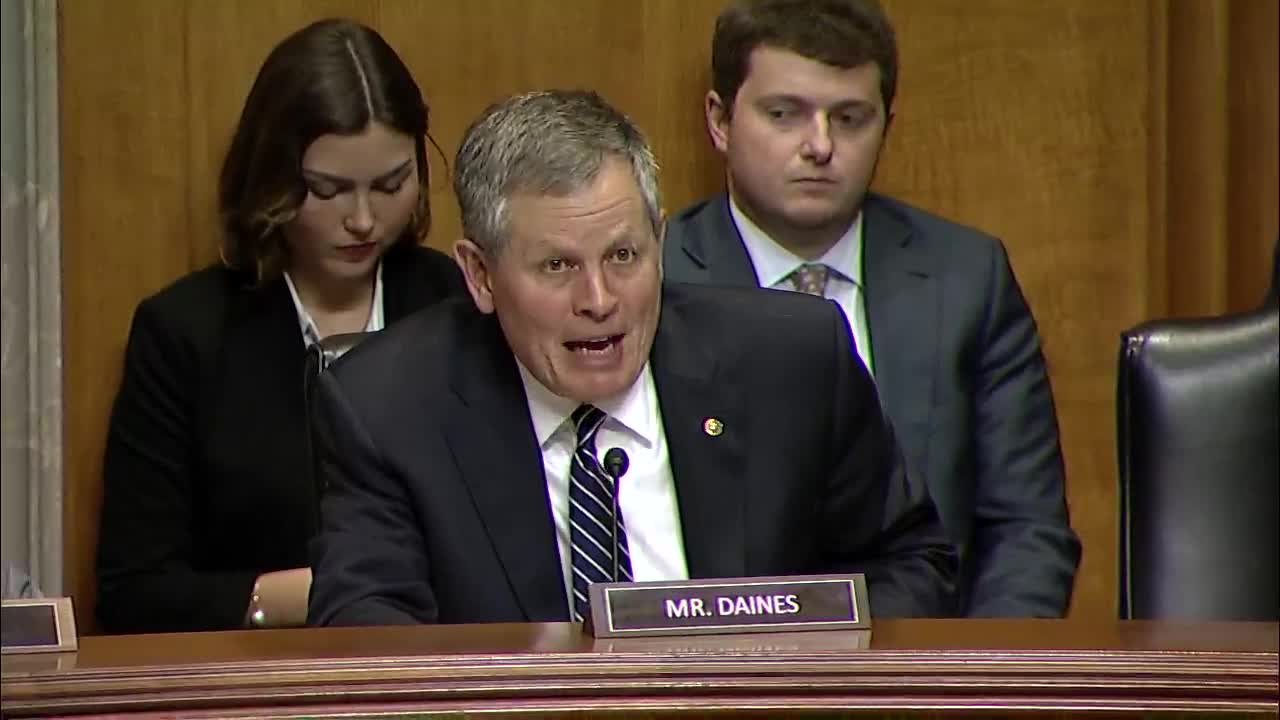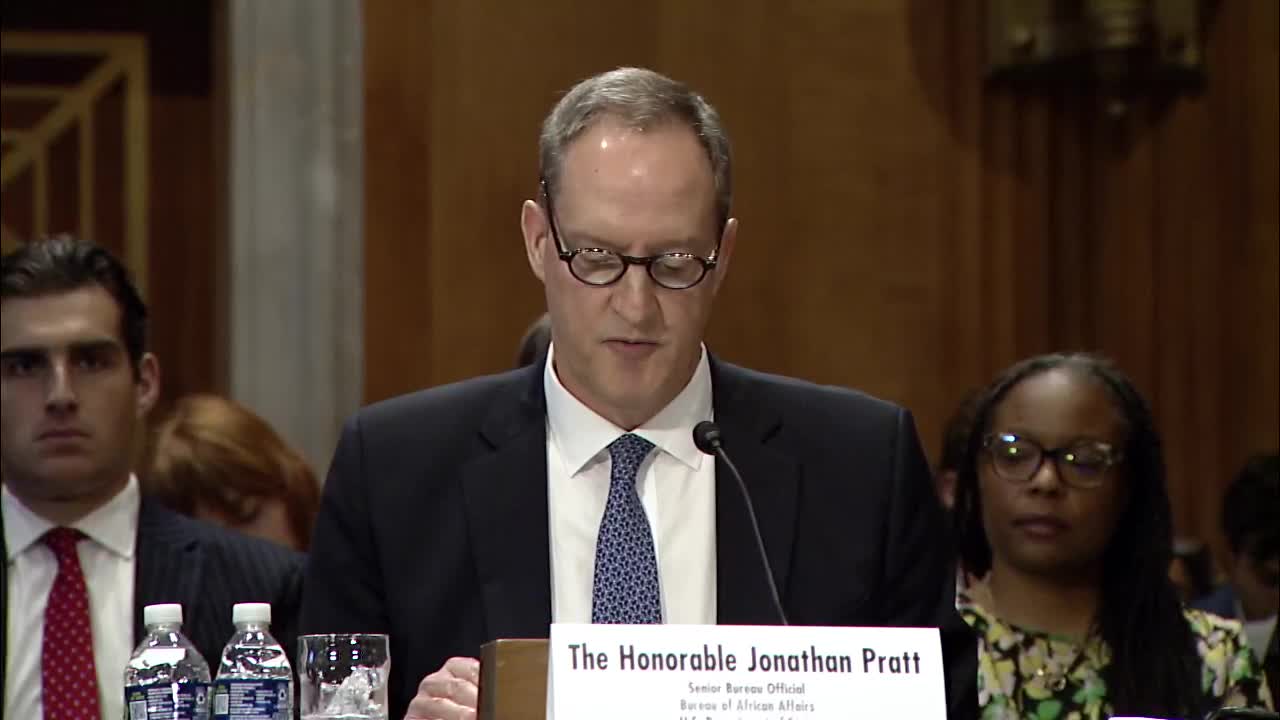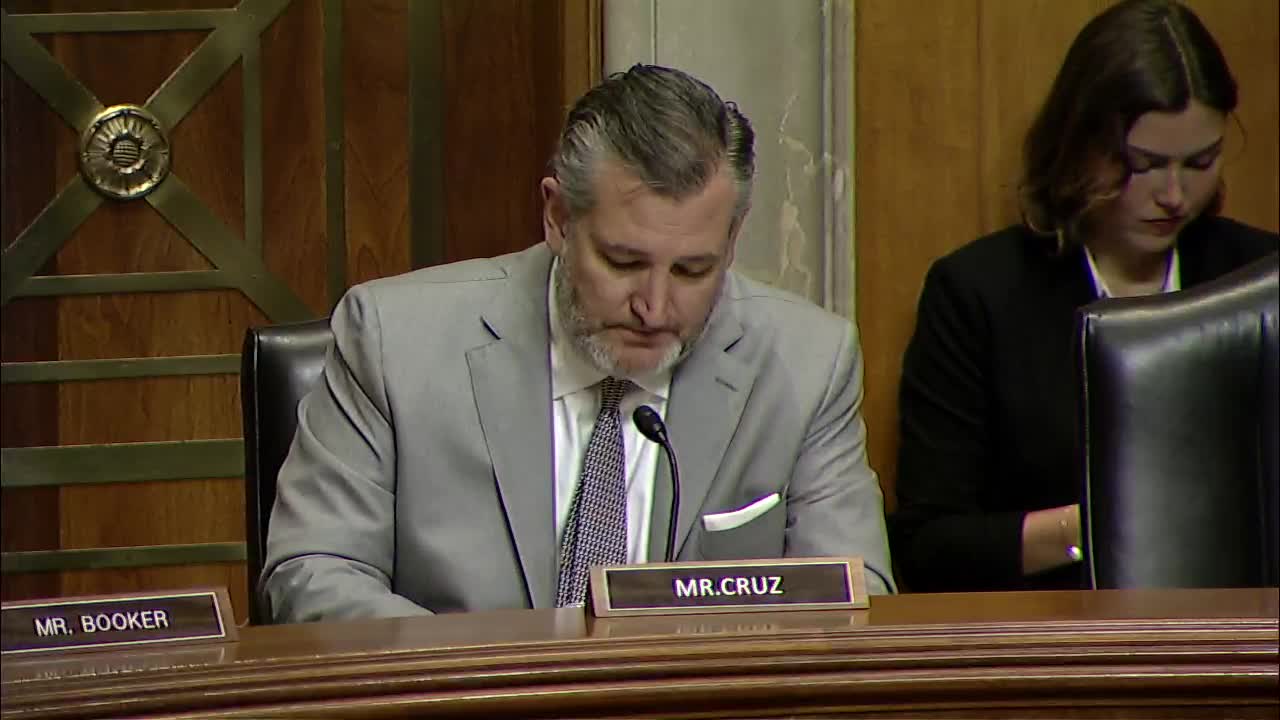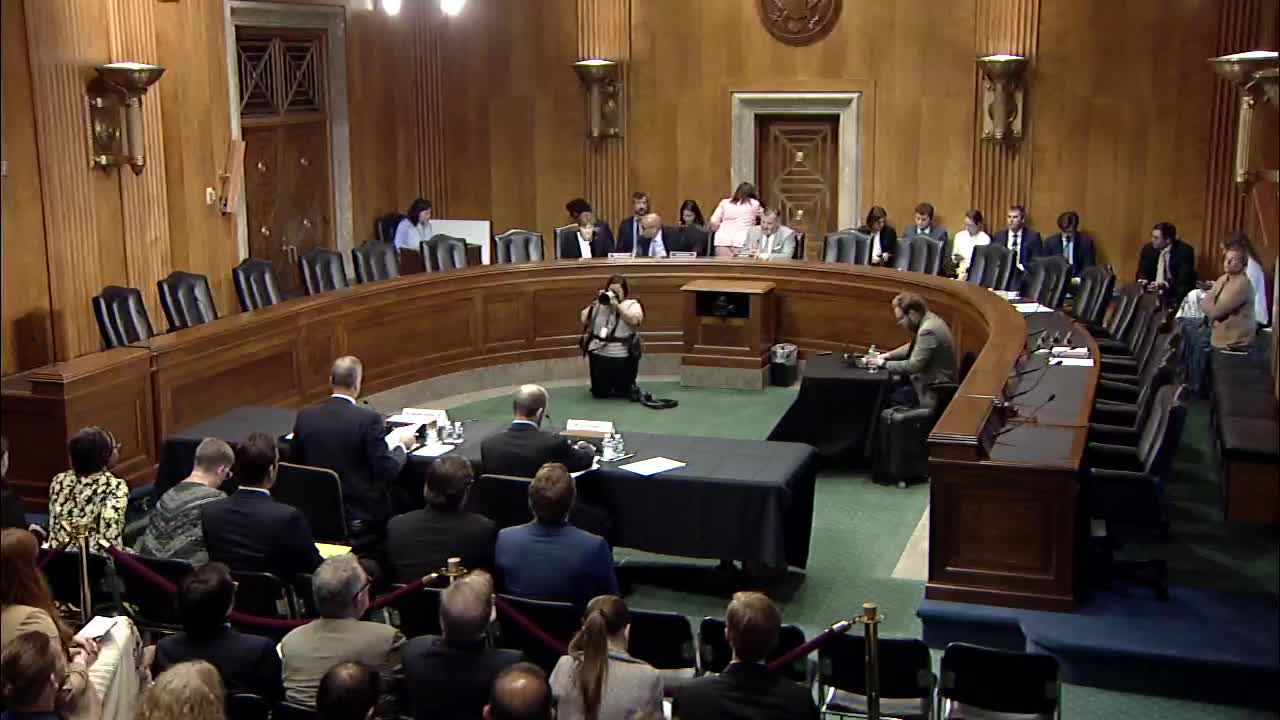Article not found
This article is no longer available. But don't worry—we've gathered other articles that discuss the same topic.

Montana senators and witnesses warn of Russian palladium dumping, urge trade remedies to protect Stillwater Mine jobs

Officials say DRC‑Rwanda peace framework could open pathways for U.S. access to cobalt, coltan and other minerals

Senators press U.S. agencies to disburse Lobito Corridor funds as alternative to China’s Belt and Road

